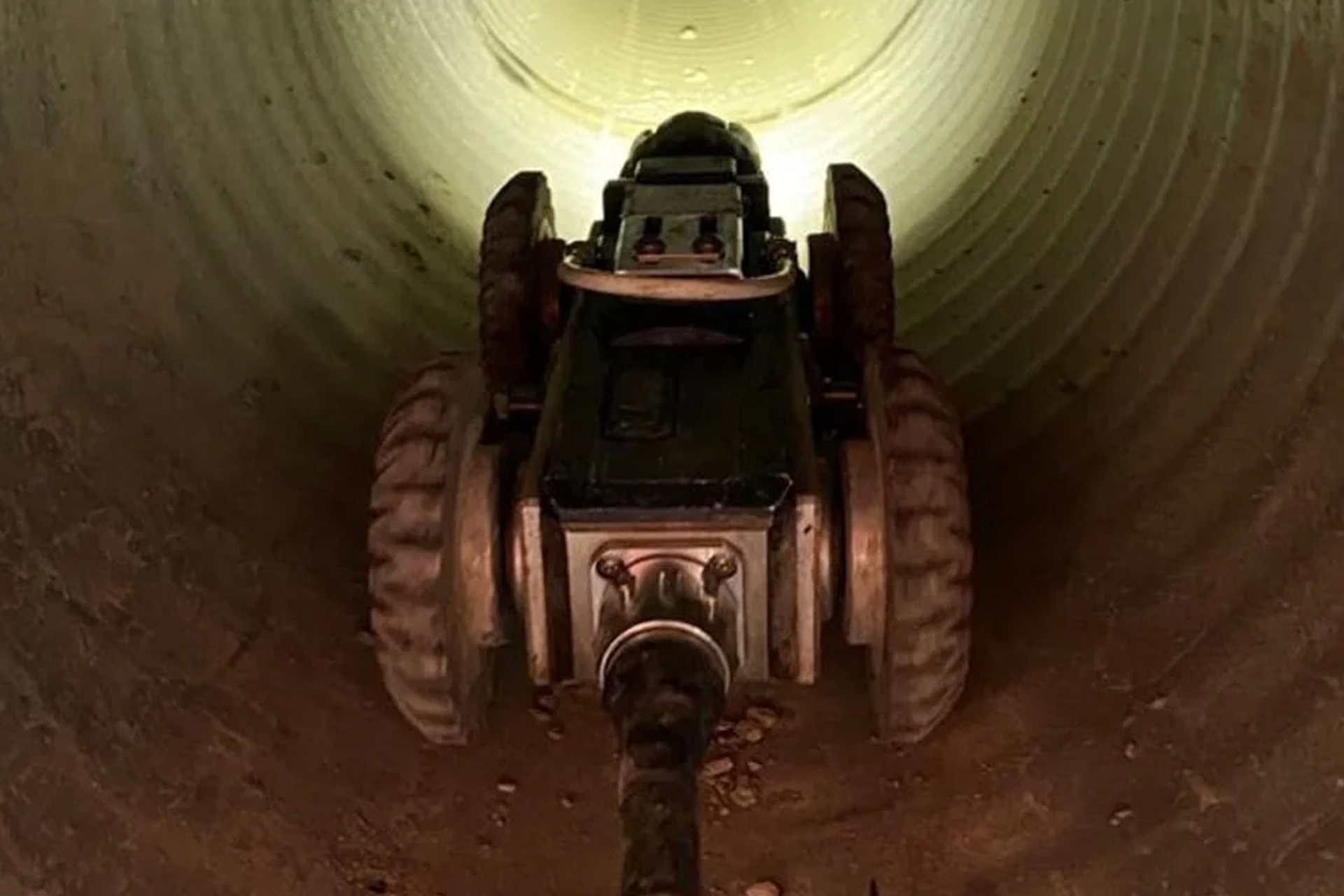An Unbiased View of Reclaim Waste
Table of ContentsThe Single Strategy To Use For Reclaim WasteReclaim Waste - The Facts5 Easy Facts About Reclaim Waste DescribedThe Only Guide for Reclaim WasteThe 6-Second Trick For Reclaim Waste
Discover the types, events, and types of fluid waste. Residential sewage waste describes the waste and items from a domestic septic system. This sort of waste is developed by humans in residences, institutions, and various other structures. This only includes septic containers that have a drain area. The proper administration and disposal of residential sewage waste require liquid waste to be moved to a sewer treatment plant where the appropriate methods and equipment are related to detoxify and deal with waste.
Commercial waste usually consists of possible threats, such as combustible products or a mixture of liquid and strong waste items, and needs an extra innovative and comprehensive disposal process. The disposal of industrial waste normally entails the filtering of waste before transport to make certain safe and correct disposal. Industrial waste is created from by-products and drainage of commercial procedures and manufacturing.
This kind of waste can not utilize the exact same sewer administration transportation or procedures as septic or business liquids. The hazardous waste management process requires the inspection and testing of fluid waste before it undertakes the disposal procedure (industrial wastewater treatment). Drainage waste is the liquid waste that originates from overflow and excess stormwater in extremely populated locations or cities
Overflow waste can create contamination and flooding if not taken care of properly. Find out more concerning drain cleaning and waste administration. Guaranteeing proper waste monitoring can prevent calamities and minimize ecological damage. Both individuals in household settings and specialists in business or production sectors can profit from comprehending the processes and laws of liquid waste monitoring.
What Does Reclaim Waste Do?
Contact PROS Providers today to learn about our waste administration and disposal solutions and the appropriate methods to care for the liquid waste you create.
(https://padlet.com/leonaube33101/reclaim-waste-hw71hge954tsaxnp)This supposed 'wastewater' is not just an important resource but, after therapy, will be launched to our land, rivers or the sea. Made use of water from toilets, showers, baths, cooking area sinks, washings and industrial processes is understood as wastewater.

water used to cool down machinery or clean plant and equipment). Stormwater, a form of wastewater, is overflow that streams from agricultural and metropolitan locations such as roof coverings, parks, gardens, roads, courses and gutters into stormwater drains pipes, after rainfall. Stormwater streams unattended directly to neighborhood creeks or rivers, eventually reaching the sea.
Little Known Facts About Reclaim Waste.
In Queensland, most wastewater is dealt with at sewage treatment plants. Wastewater is transported from domestic or industrial websites through a system of sewers and pump stations, referred to as sewage reticulation, to a sewage treatment plant. Neighborhood governments construct, keep and run most sewage therapy plants. Operators are accredited under the Environmental Management Act 1994 to discharge cured wastewater at an appropriate ecological criterion into waterways.
The Department of Natural Resources recommends local federal governments regarding handling, operating and preserving sewage systems and treatment plants. In unsewered locations, local governments may require owners to install private or home sewer treatment systems to treat residential wastewater from toilets, cooking areas, shower rooms and laundries. The Department of Natural Resources authorises using household systems when they are proven to be efficient.
In some brand-new communities, treatment of some stormwater to remove trash, sand and gravel has begun utilizing gross pollutant traps. Wastewater treatment occurs in 4 phases: Gets rid of solid matter.
Makes use of tiny living microorganisms understands as micro-organisms to break down and get rid of staying dissolved wastes and great bits. Micro-organisms and wastes are incorporated in the sludge.
Rumored Buzz on Reclaim Waste
Nutrient removal is not offered at all sewage treatment plants due to the fact that it calls for expensive specialised devices. Clear fluid effluent generated after therapy might still contain disease-causing micro-organisms - liquid waste removal melbourne.

This normally indicates wastewater has to be treated or pollutants removed prior to it can be discharged to rivers. Many wastewater streams right into the sewerage system. Under the Act, city governments provide authorizations and licences for ecologically relevant tasks (Periods) including wastewater launches that might have a local effect. The department carries out authorizations and permits to Periods involving wastewater launches that might have a local or statewide impact.
The Only Guide for Reclaim Waste
Monitoring gives factual information about water quality and can validate that permit Your Domain Name problems are being satisfied. The information gotten with surveillance gives the basis for making water top quality choices.